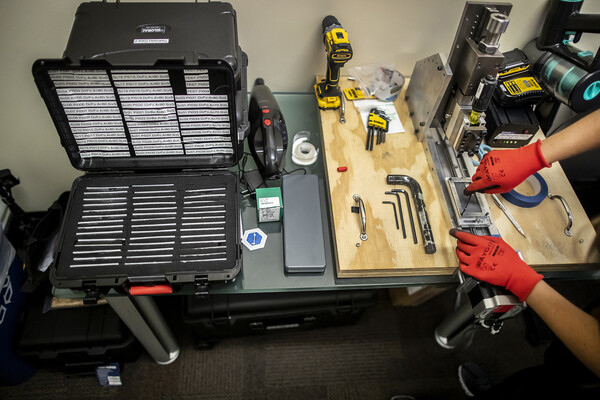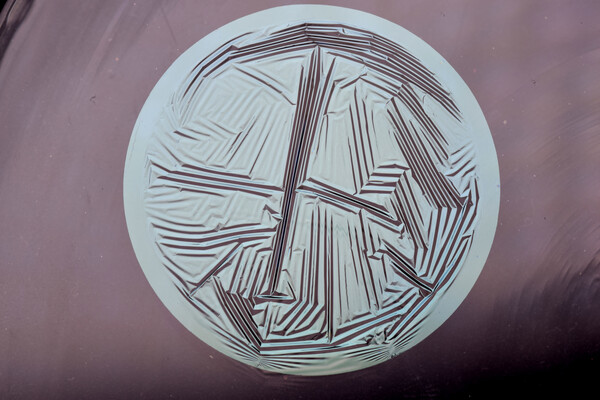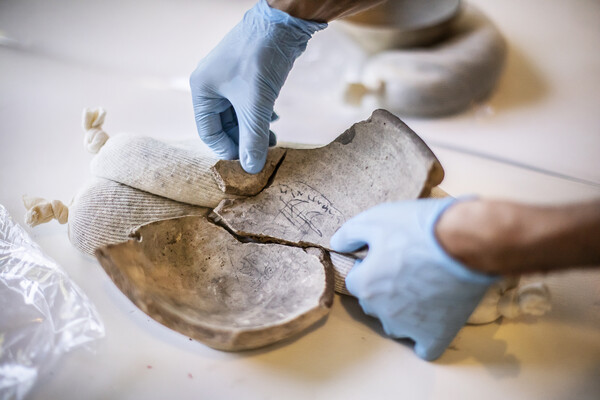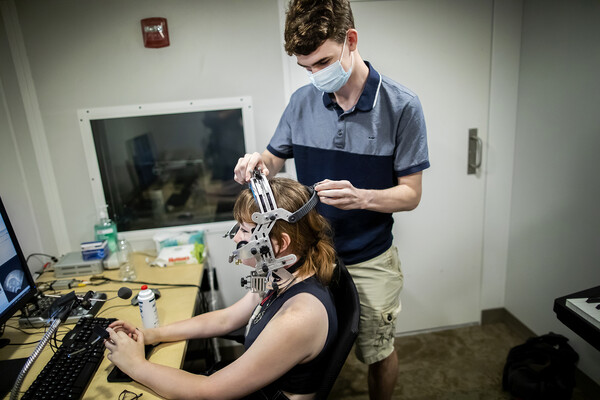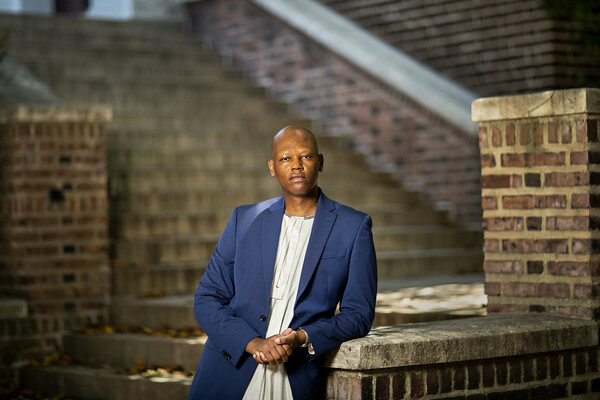4/22
Michele W. Berger
Crime and the scientific method
The multidisciplinary faculty in the Department of Criminology harness diverse methodologies to improve public safety and inform policy and planning.
Blake Cole , Michele W. Berger ・
Reflections on the legacy of Queen Elizabeth II
Five experts from the University consider the regent’s seven-decade reign, weighing everything from the changing role of media in crafting her image to the future of the United Kingdom.
Kristen de Groot, Michele W. Berger, Louisa Shepard ・
When curved materials flatten, simple geometry can predict the wrinkle patterns that emerge
The findings—from a collaboration between Penn, Syracuse, and the University of Illinois Chicago—have a range of implications, from how materials interact with moisture to the way flexible electronics bend.
Michele W. Berger ・
Do art museums prioritize visitor well-being enough?
Research from the Humanities and Human Flourishing Project in Penn’s Positive Psychology Center reveals that the people working in these institutions want to see greater emphasis on human flourishing, but they feel ill-equipped to make it happen.
Michele W. Berger ・
The story the bowls tell
In an ambitious new project, historian Simcha Gross and Harvard’s Rivka Elitzur-Leiman are studying hundreds of ancient incantation bowls housed at the Penn Museum. They hope to better understand the objects and eventually, build a database of all these bowls worldwide.
Michele W. Berger ・
Singing, speech production, and the brain
This summer, rising second-years Audrey Keener and Nicholas Eiffert worked in the lab of Penn linguist Jianjing Kuang studying vowel articulation in song, running an in-person experiment and built a corpus of classical recordings by famous singers.
Michele W. Berger ・
Understanding the Inflation Reduction Act
Penn experts explain the climate, health care, and economic aspects of the legislation that President Biden signed into law this week, plus the politics of getting it passed.
Katherine Unger Baillie, Michele W. Berger, Kristen de Groot, Dee Patel ・
Who, What, Why: Kimeze Teketwe brings Luganda to Penn
The GSE master’s student from Uganda taught the first ever course on this language in the spring of 2022. This fall the program continues with another intro class, followed by an advanced class next spring.
Michele W. Berger ・
How ideologically divided is the American public?
The Polarization Research Lab, a new initiative from Annenberg’s Yphtach Lelkes and colleagues at Dartmouth and Stanford, will work to answer that question through surveys and partnerships with community organizations.
Michele W. Berger ・
Marrying models with experiments to build more efficient solar cells
Penn chemist Andrew M. Rappe, in collaboration with former postdoc Arvin Kakekhani and researchers at Princeton University, has gained insight into how the molecular make up of solar cells can affect their properties and make them more efficient.
Luis Melecio-Zambrano , Michele W. Berger ・



